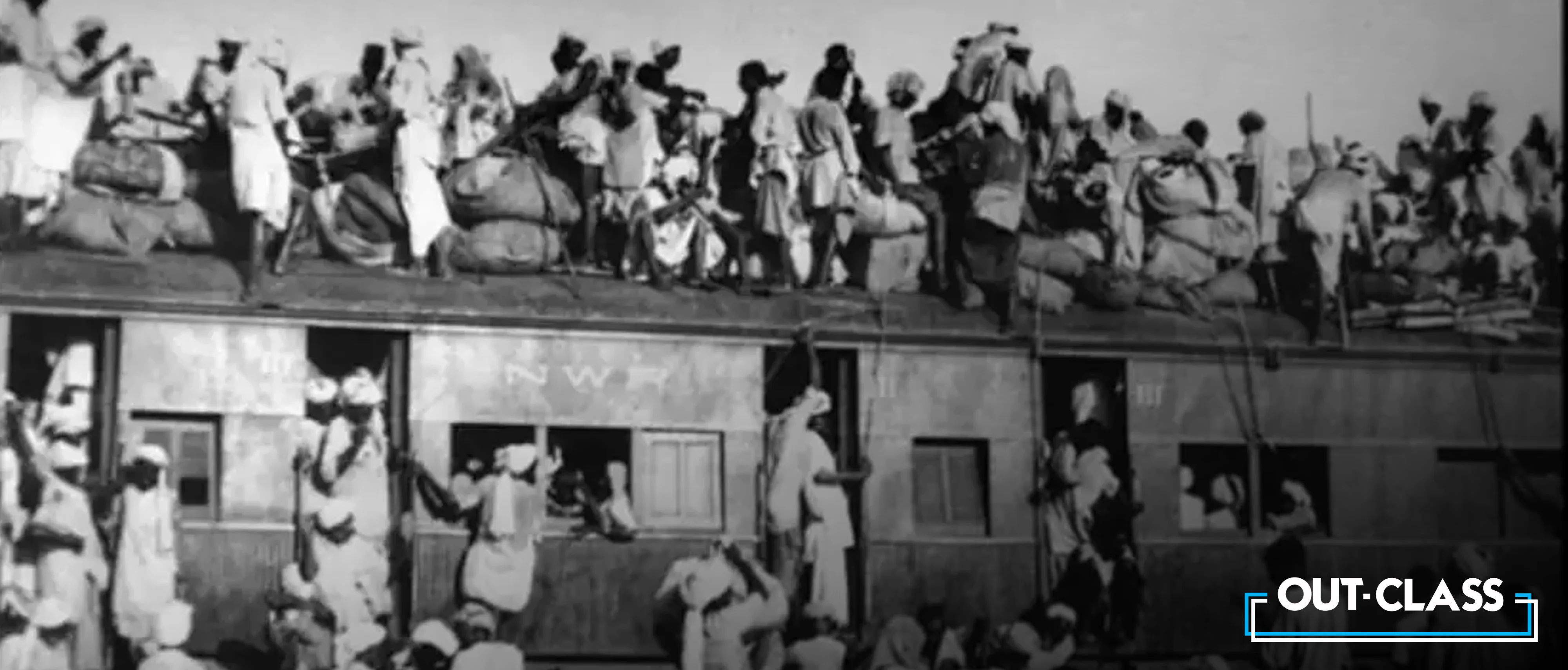The partition of Bengal took place in 1905 as a result of British India’s desire for greater administrative efficiency. This move, orchestrated by Lord Curzon, the Viceroy of India, aimed to create two more manageable provinces – East Bengal and Assam, and West Bengal.
While primarily done for administrative convenience, the division did end up having social, political and economic effects on the state of both the Muslim and Hindu communities as well as on the Pakistan Movement. In this article, we will explore the various reasons that led to the partition of Bengal.
Causes for the Partition of Bengal
Administrative Difficulty
At the time, Bengal was the largest province of British India, comprising Bengal, Behar and Orissa (an area of over 1,89,000 square miles). Despite this, Bengal was under the charge of just one lieutenant Governor. This led to a series of challenges, the most notable of which was the inability to govern and administrate the whole province due to its sheer vastness.
Religious Divide
There was a massive ethnic and linguistic divide between East and West Bengal with East Bengal comprising a mostly Muslim population and West Bengal having a Hindu majority. This contributed towards occasional clashes owing to hostilities between the two groups.
British Interests
The British sought economic gains through trade in East Bengal, aiming to boost the Port of Chittagong for reduced transport costs. Additionally, they aimed to prevent a recurrence of the 1857 uprising. Hence, to prevent the possibility of such an event taking place in the future, the British considered it wise to divide the large province.
Appealling to Muslims
Following the events of 1857, Muslims within Bengal suffered terrible economic, social and political discrimination as a result of their role in the uprising. This discrimination prompted the British to involve them in major decisions to alleviate their plight.
Bureaucratic Interests
The creation of a new district or division inevitably leads to the creation of new positions of power; bureaucrats, as a result, became extremely enthusiastic supporters of the partition.
Who Opposed the Partition of Bengal?
The Hindus were the main opposers of the partition plan. This was due to the following reasons:
Less Economic Power
The Hindus garnered a lot of economic power within the province and were quite financially well-off. The division of the province into two separate divisions could potentially diminish that power by a significant amount. The Hindu lawyer community and newspaper business feared that since the new province would have their courts and new publication houses, fewer people would come to them and their practice and revenues would be adversely affected.
Curbed Nationalism
Hindus also saw this attempt from the British as a way to tackle and defeat Bengali nationalism as part of their much-coveted approach, ‘Divide and Rule’. They feared that if this partition proved to be successful, then the British would be encouraged to apply the same experiment in other regions of India.
Opposition for Opposition Sake
The partition of Bengal had the potential to improve the living conditions of Muslims living in the province. Considering the animosity that existed between Hindus and Muslims at the time, the Hindus were not exactly happy to see their rivals get a chance at bettering themselves.
Conclusion
The partition of Bengal proved to be a turning point that heightened the awareness of religious identity among Muslims and played a crucial role in the early stages of the Pakistan Movement, eventually leading to the creation of Pakistan in 1947. Thus, it is also a vital aspect and a repeated point that comes in the IGCSE/O Level Pakistan Studies past papers. For more clarity, view our online IGCSE/O Level crash course for the best exam prep!
For more detailed blogs, check out the 'How to prepare for Pakistan Studies' blog!
Most Common Repeated Questions:
Unlock the secrets to acing your CAIE IGCSE/O Level exams with a sneak peek into the most frequently asked questions that have graced the pages of past papers!
- Explain how the Hindu community opposed the partition of Bengal between 1905 and 1911. (7) [Oct/Nov 2023]
- ‘Bengal was partitioned in 1905 because it was too large.’ How far do you agree with this statement? Explain your answer. (14) [May/June 2023]
- How successful was the 1905 Partition of Bengal? Explain your answer. (14) [May/June 2020]
- Why was Bengal partitioned in 1905? (7) [May/June 2004]
- Why was the Partition of Bengal reversed in 1911? (7) [Oct/Nov 2005]
- ‘Bengal was partitioned in 1905 because of geographical factors.’ Do you agree? Explain your answer. (14) [May/June 2006]
- ‘The reasons for partitioning Bengal in 1905 were more important than those that caused its reversal in 1911.’ Do you agree? Explain your answer. [(14) [May/June 2009]
- ‘Partition or reversal?’ Were the reasons why Bengal was partitioned in 1905 more important than those regarding its reversal in 1911? Explain your answer. (14) [May/June 2011]
- Was the partition of Bengal the main reason for the formation of the Muslim League in 1906? Give reasons for your answer. (14)[Oct/Nov 2016]
- Explain how the British reacted to Hindu-led protests against the Partition of Bengal between 1906 and 1908. (7) [Oct/Nov 2018]




